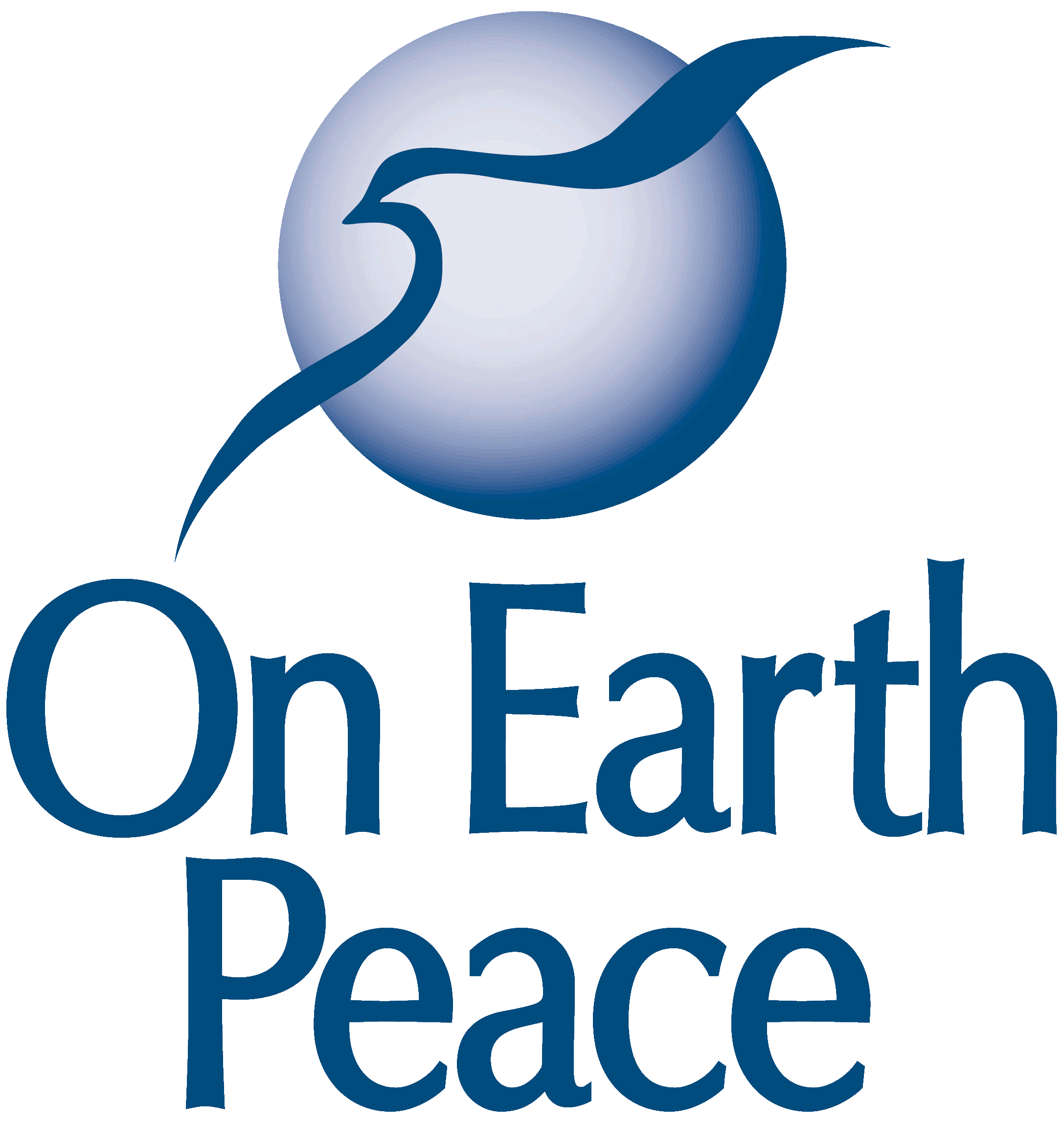The Read Aloud Project was created by Priscilla Weddle and Marie Benner-Rhoades to provide homeschooling resources in peace and justice during the pandemic. For August, the project highlighted books about peace skills. In September, there will be activity sheets to go along with the videos. If you are interested in recording a video for the project, please email Priscilla at [email protected]. Here are the books that were read for the project in August:
Thank You, Omu! By Oge Mora

Summary: Everyone in the neighborhood dreams of a taste of Omu’s delicious stew! One by one, they follow their noses toward the scrumptious scent. And one by one, Omu offers a portion of her meal. Soon the pot is empty. Has she been so generous that she has nothing left for herself?
Reflective Question: Why do you think that sharing is important?
If You’re Going to a March by Martha Freeman

Summary: As more and more children attend the growing number of marches across the country, this cheerful guide serves as a great reference tool and conversation starter for youthful participants. Inspired by author Martha Freeman’s own experiences, this picture book addresses many of the questions kids might have: What should I wear? How will I get there? Where will I be able to go to the bathroom? Is it okay to dance? (Yes, it is!). All the while the text stays focused on the fact that the right to assemble is a Constitutional part of our life as Americans . . . whatever our political point of view.
Reflective Question: If you went to a march, what would your sign say?
The Story of Ferdinand by Munro Leaf

Summary: All the other bulls run, jump, and butt their heads together in fights. Ferdinand, on the other hand, would rather sit and smell the flowers. So, what will happen when Ferdinand is picked for the bullfights in Madrid?
Reflective Question: Why do Ferdinand decide not to fight?
Wangari’s Trees of Peace: A True Story From Africa by Jeanette Winter

Summary: As a young girl growing up in Kenya, Wangari was surrounded by trees. But years later when she returns home, she is shocked to see whole forests being cut down, and she knows that soon all the trees will be destroyed. So Wangari decides to do something and starts by planting nine seedlings in her own backyard. And as they grow, so do her plans.
Reflective Question: Do you have trees where you live? Do you like your trees?
The Composition by Antonio Skarmeta

Summary: Pedro is a nine-year-old boy whose main interest in life is playing soccer. The arrest of his friend Daniel's father and a visit to the school of an army captain who wants the children to write a composition entitled "What My Family Does at Night" suddenly force Pedro to make a difficult choice. The author's note explains what a dictatorship is and provides a context for this powerful and provocative story.
Reflective Question: What would you do if you were Pedro?
*All of the summaries for the books above were written by the publishers of each books

Showing 1 reaction